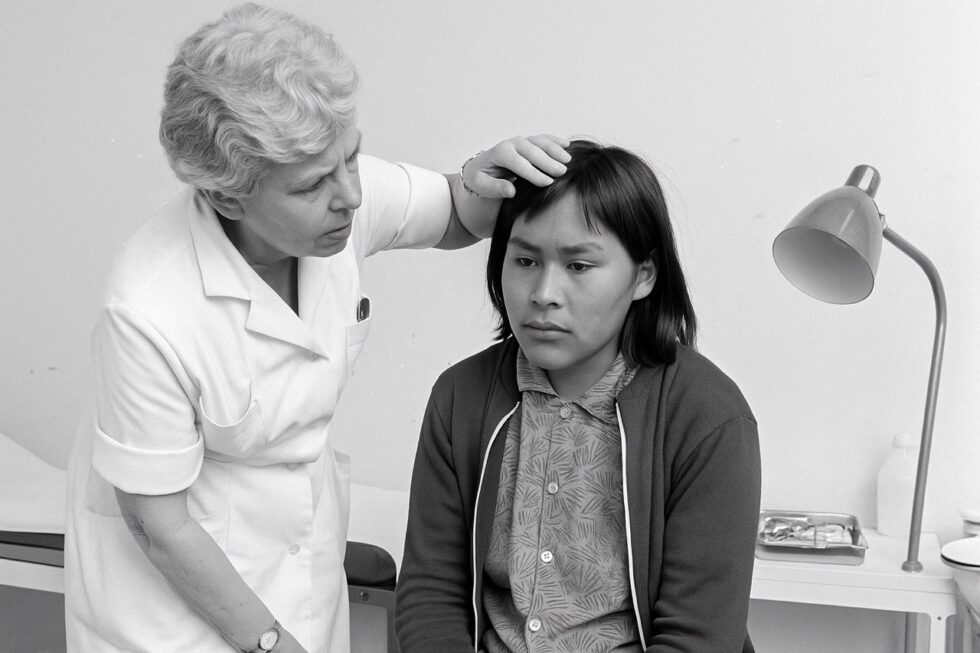Denmark has formally apologised for a decades-long policy of forced contraception in Greenland, where more than 4,500 Inuit girls and women were fitted with intrauterine devices (IUDs) without their consent. The scandal, known as the “spiral affair”, dates back to the 1960s and left many victims with infertility, chronic pain and trauma. G.business reports that Prime Minister Mette Frederiksen issued the apology in August 2025, half a century after the interventions began, but for many the recognition comes too late.
The problem – state-organised interference in bodies and lives
The “spiral affair” remains one of the darkest chapters in Danish-Greenlandic relations. Beginning in 1966, doctors under government orders inserted IUDs in thousands of girls, some as young as 12, without parental knowledge or proper information. Victims describe long-lasting health and psychological consequences. Frederiksen admitted: “We cannot undo what has happened, but we can take responsibility.”
How it emerged – colonial policy under the guise of modernisation
The campaign was justified as a way to prevent teenage pregnancies and create “future opportunities” for Inuit girls. In reality, it was an attempt to reduce Inuit birth rates and accelerate demographic dominance by Danish settlers. The procedures, carried out in schools and hospitals, were often discovered by victims only years later.
Chronology of the spiral affair
| Year | Event | Significance |
|---|---|---|
| 1966 | Start of programme | First IUDs inserted in girls aged 12 |
| 1970s | Protests in Greenland | Growing criticism, no halt |
| 1979 | Home Rule introduced | Autonomy increases, practice declines |
| 1991/92 | Health system transferred to Nuuk | Final end of forced insertions |
| 2017 | DR revelations | Documents reveal scale, victims speak out |
| 2022 | Commission of inquiry established | Tasked with accountability |
| Aug 27, 2025 | Frederiksen apology | Symbolic turning point |
| Sept 1, 2025 | Report expected | Basis for compensation |
Legal battles – lawsuits and demands
So far, 143 women have filed lawsuits against Denmark, seeking around 43 million kroner (€5.7 million) in damages. The inquiry is examining which ministries gave orders, which doctors complied, and whether concealment was deliberate.
International parallels – Denmark is not alone
Similar practices occurred in other countries:
- Sweden: 60,000 sterilised from the 1930s to 1970s, officially for “public health”.
- Norway: Roma and Sinti women subjected to forced procedures until the 1970s.
- USA: Tens of thousands of Indigenous women sterilised in the 1960s/70s.
- Canada: Cases documented until the 1990s, affecting First Nations and Inuit women.
Greenland’s spiral affair is part of this global pattern of reproductive control as a colonial or racist tool.
Open questions and significance today
Activists insist apologies must be followed by:
- financial compensation,
- medical and psychological care,
- full historical accountability.
Without these steps, reconciliation remains incomplete. For Greenland, the affair symbolises the enduring power imbalance between Copenhagen and Nuuk – and serves as a warning of how women’s bodies were politicised in the name of state policy.
Stay connected for news that works — timely, factual, and free from opinion — and insights that matter now: A100 in Berlin opens: €721 million extension sparks protests
